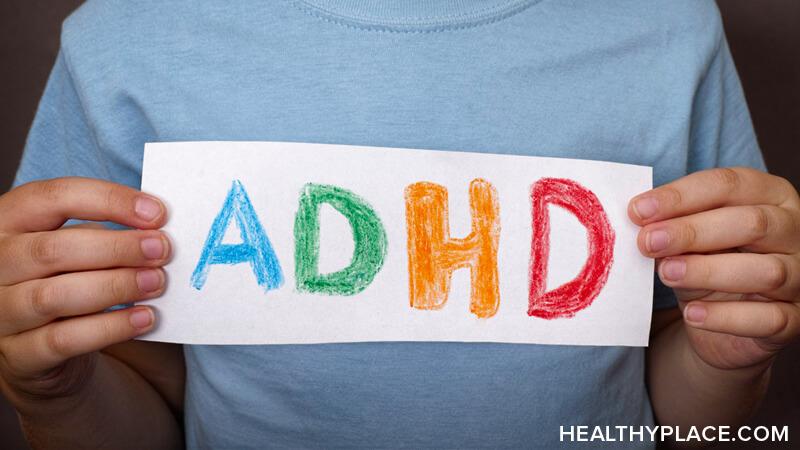After a year of blogging for HealthyPlace, I must now depart. However, a long goodbye isn’t really useful for anyone, including me. So this final post is addressed to you — the undiagnosed reader who suspects they may have attention-deficit/hyperactivity disorder (ADHD) and is looking for guidance on how to proceed.
What to Do About Undiagnosed Adult ADHD
Get Tested
This advice is going to look different depending on where you live. Thanks to the glorious National Health Service (NHS), booking appointments and getting referrals to specialists is a fairly frictionless process in the UK and is free at the point of use.
Still, no matter where you live, getting a diagnosis of ADHD does a couple of positive things. For me, it meant I could try medication to temper the worst parts of the disorder. And, less importantly, it gave me a sense of validation.
A diagnosis effectively said, “hey, maybe you aren’t just a slacker, too lazy to make aspirations a reality. You have a brain that makes it difficult to reconcile ambition with action, which will probably always be the case.”
Accept the Daily Fight with ADHD
Once I had a diagnosis, it wasn’t a green light for me to lie back, spark a cigar, and wave life off as some unachievable quest. It was quite the opposite. I would have to fight against this disorder, sure, only now I had some new weapons in my arsenal — as well as a decent amount of zeal.
In my case, ADHD medication was a huge boon. It allowed me to get a game plan together, as well as the ability to focus on the micro-tasks that would lead to macro gains in the quest of life. In short, medication brought order to a chaotic life.
Exercise Regularly and Sleep Well
Even when taking medication into account, none of my physical, mental, or personal gains would be possible without regular exercise and proper sleep — two pillars everyone should consider building into their own lives. The benefits of both are myriad and well-documented in scientific literature. (A thorough breakdown of the benefits is beyond the remit of this blog.)
Suffice it to say, exercise and sleep dovetail beautifully. Harness their powers, and you might be able to reduce ADHD to a set of hurdles as opposed to a series of fortified walls.
Think Less, Do More
My flavor of ADHD involves lots of thinking. More precisely, my flavor of ADHD involves lots of overthinking. I have a tendency to peek over the fence of the future to see what happens, even though I know that’s impossible. This inhibits action.
Instead of worrying about outcomes, I just do more things. It’s tempting to read about something to the nth degree, but that’s just fake action. So, I take risks. Maybe it pays off; maybe it doesn’t. Regardless, overthinking is useless.
Stay on the Train
My life is littered with abandoned hobbies. Thanks to ADHD, I’d find an activity, obsess over it for a short period of time, and discard it long before I ever became any good at it. I attribute this pattern to hyperfixation. But, over the past couple of years, I rediscovered (and have since stuck with) an old hobby I get great enjoyment from and continue to improve at.
With ADHD, the quest for novelty kept me in these hyperfixation loops. I’d get on a train and hop off, so to speak. However, pushing past the urge to abandon one thing and pick up another has meant I am now able to enjoy my hobby more than I ever could, simply because I’ve stuck with it.
I’m not saying you should take up cycling as a toddler and never try anything else. I’m saying you should push past the inevitable barriers a new hobby or activity will impose. Getting good at anything means sticking with it. In spite of ADHD, stay on the train.
Goodbye
I hope these tips were useful. I’ve enjoyed writing for HealthyPlace, and I hope new readers will benefit from previous posts. Living with ADHD as an adult can be difficult, but I hope I’ve shown it’s far from impossible.
Thanks for reading.
